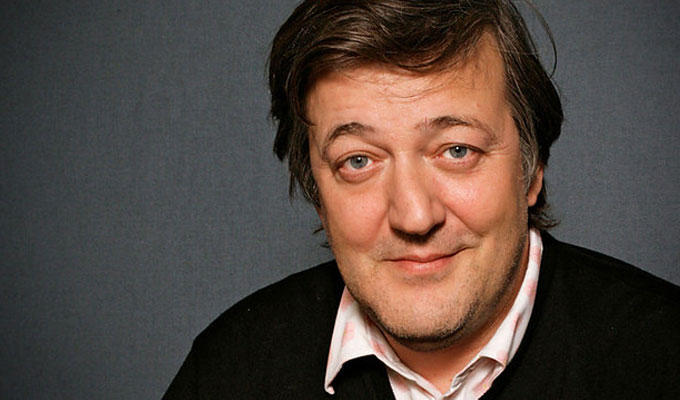
posted by Simon Kemp
While the Intelligence Services may not recruit their spies with a tap on the shoulder and a whispered conversation any more, they’re still very interested in modern languages graduates. If you’re interested in languages, you might as well bear them in mind as a career option…
Not long ago, The Guardian published an article on the topic. The full article is here, but here’s an extract:
If Kim Philby or Guy Burgess were able to stroll today around the famous Great Court of their old Cambridge college, Trinity, they might raise an eyebrow at the scruffiness of some students, but otherwise little has changed. It’s not just the surroundings that are remarkably consistent; so is one of the job opportunities: spying.
Top universities remain a useful place to find new entrants, not just linguists but also those with increasingly vital technology skills, or with the more varied and nebulous talents needed to be an agent in the field.
However, these days the net is cast far wider. For a couple of days this week if you entered “Russian language” and “university” into Google’s UK search engine, above the results popped a jaunty, paid-for advertisement. “Understand Russian?” it asked. “Help protect the UK.” A link took you to MI5’s careers website.
One Cambridge student said she knew of a handful of the 20 or so final-year Russian linguists who were contemplating the security services. She thought it an unlikely path for her, but still asked to not be named in case she changed her mind.
Another student, in her second year, who received the same email and also asked to speak anonymously, said it was a tempting route for students facing an uncertain economic landscape and laden with significant debts. “It’s probably an attractive career for a lot of people. Everyone is so concerned about not getting a job at all, so if you’re being offered something so secure, why wouldn’t you think about it?”
As a modern job it is not just secure, but also a very different working environment from the often lonely, drink and cigarette-fuelled world of the 1950s traitors. Characters such as Burgess – who spent much of his time during a posting in Washington drunk and was described in an FBI file as “louche, foul-mouthed … with a penchant for seducing hitchhikers” – would not be tolerated for long.
MI6 declined to comment on its recruitment policies but pointed the Guardian to the careers section of its website. This now includes a “wellbeing” page, which stresses a commitment to health and safety, and talks of counsellors being available to staff. Anonymous profiles of intelligence officers include a woman who recently took maternity leave and praises the work-life balance.
MI5 also declined to comment but GCHQ, the Cheltenham-based communications and interceptions centre, said it was “always looking to recruit those with language skills relevant to the world today”. A spokesman said: “A combination of workforce changes and the requirement from government that GCHQ continues to deliver on its mission to keep the UK safe means that we are currently looking for those with skills in a number of languages, one of which is Russian.”
Among ways to attract new people was through “regular engagements with universities”, the spokesman added.
Sitting in a cafe in one of the university’s modern buildings, the Cambridge students who spoke to the Guardian said many more of their peers were applying for the Foreign Office fast-track scheme for budding diplomats, now also much changed, with a first round consisting of internet-based aptitude tests.
Both said returning to Russia as an intelligence operative rather than a diplomat could prove difficult.
“If you’ve spent time in Russia and got to know Russian people it could almost feel a bit strange returning there as a spy,” said the second-year student. “It’s almost as if you’re betraying the Russian people you know, or at least your relationship with them might be very different.”
Her friend echoed this point: “When I was in Moscow I volunteered at a fostering commune, which was amazing. It would be very different going back there as a spy. If you like the country and like the people it could be difficult to do that sort of job.”
She added: “When I started my course Russia wasn’t the big enemy. It’s strange how it’s all changed so quickly. I didn’t expect my degree to be so in demand like this.”


















 posted by
posted by



